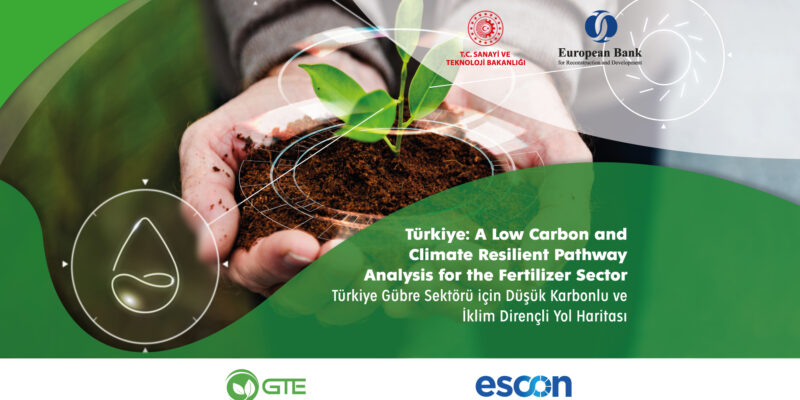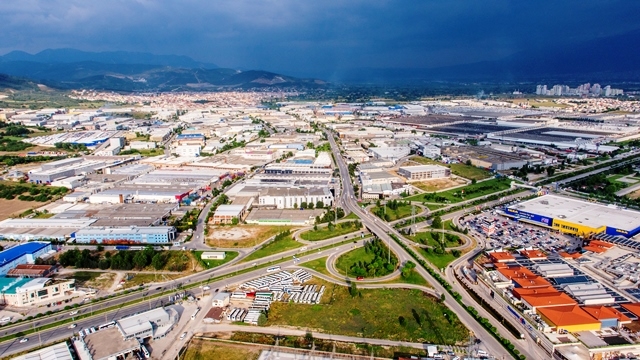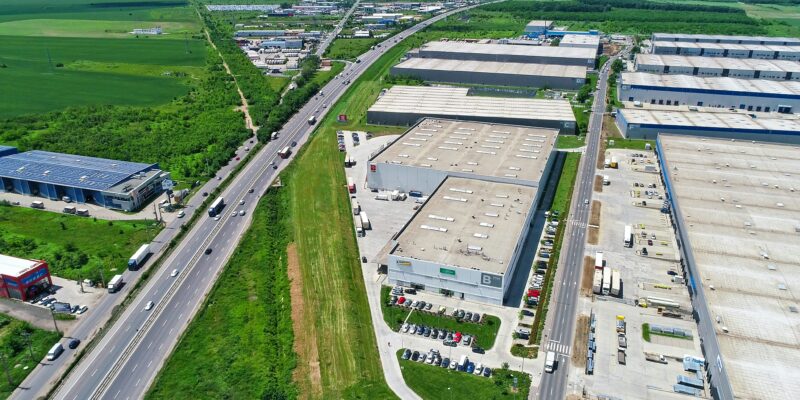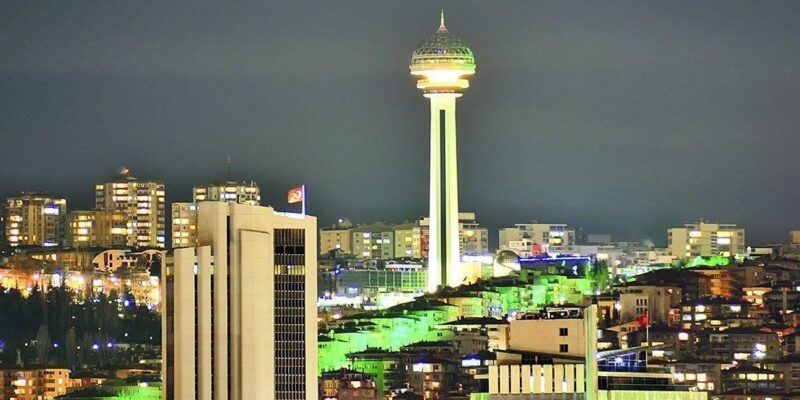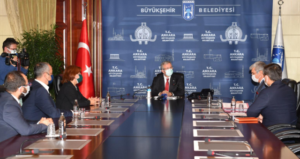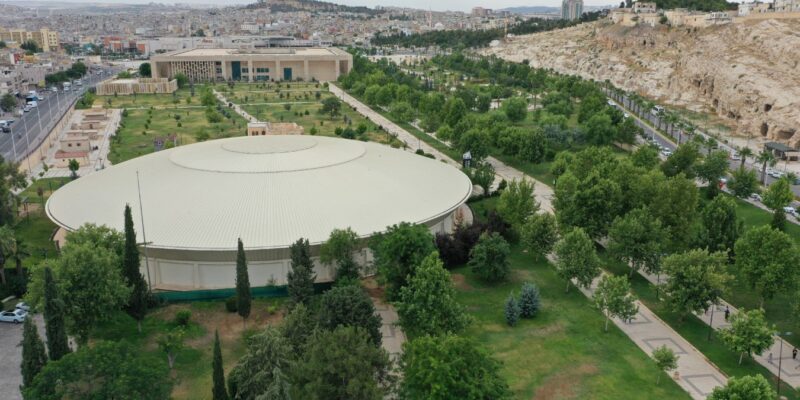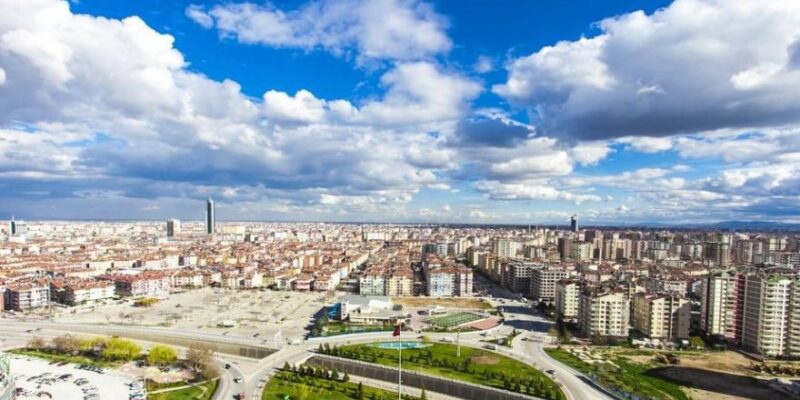Tekfen aims to identify emission hotspots, sources, and activities, and to lay the groundwork for target setting and greenhouse gas reduction roadmap studies to be carried out with this project. During the project, Tekfen Holding’s Scope 1, Scope 2 and Scope 3 emissions will be calculated and reported for its 64 facilities in 10 different countries.
Tekfen Holding’s greenhouse gas inventory in compliance with the ISO14064 standard, the assessment of the status of its four priority sectors (Agriculture, Chemicals, Construction and Finance) in accordance with the requirements of the Science Based Targets Initiative (SBTi), and the creation of a roadmap for emission reduction will also be carried out within the scope of the proposed study.

